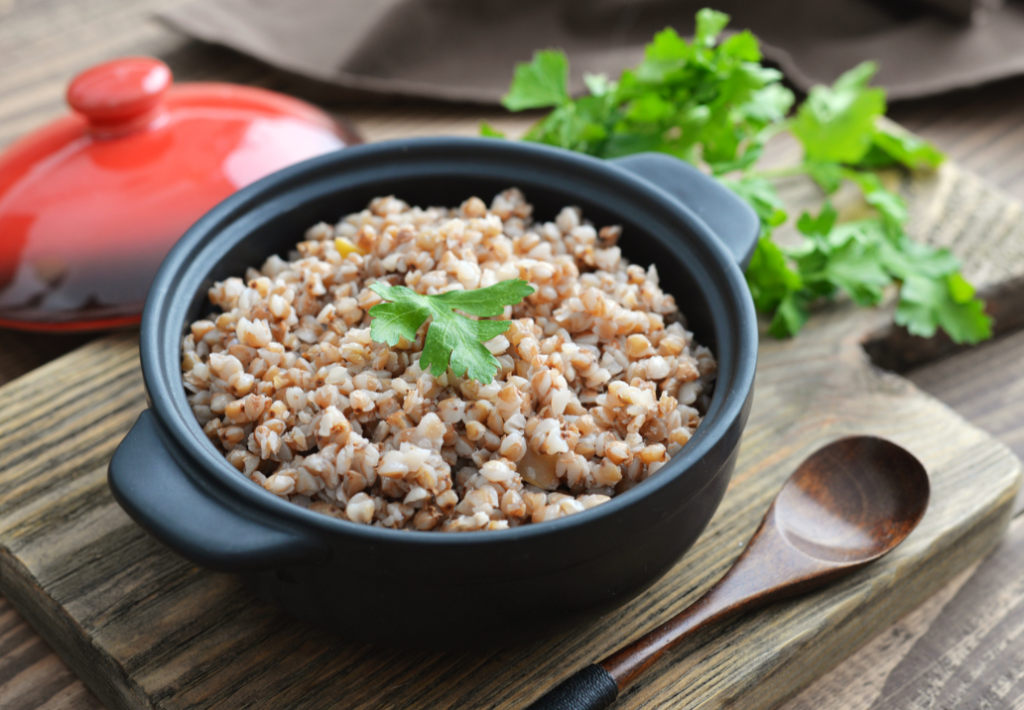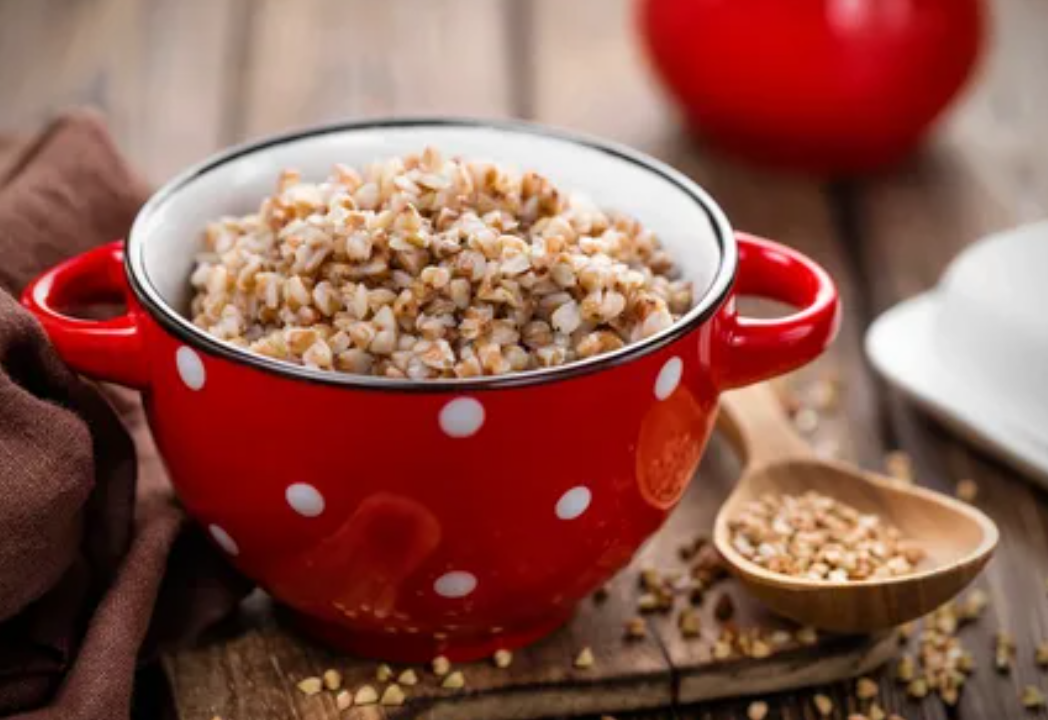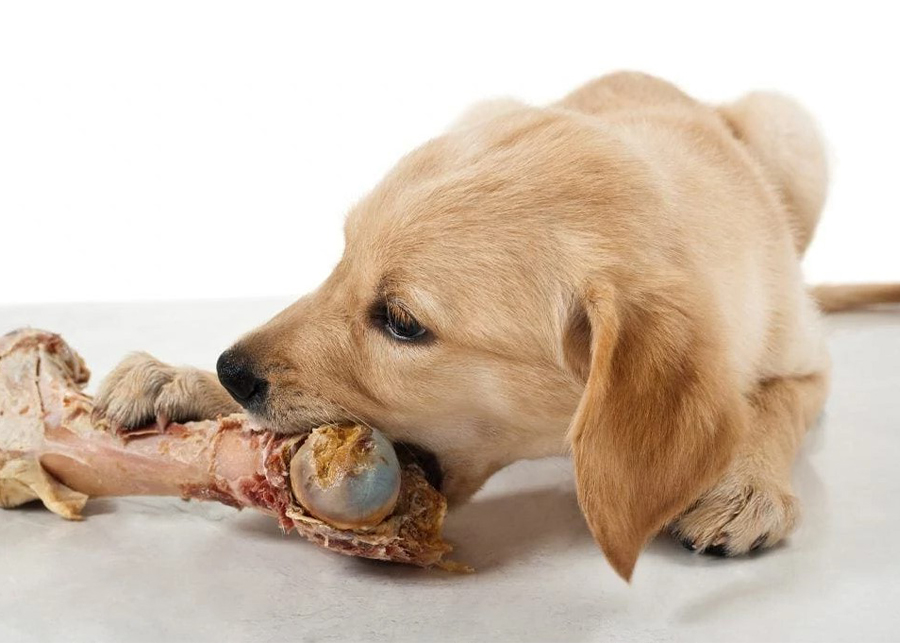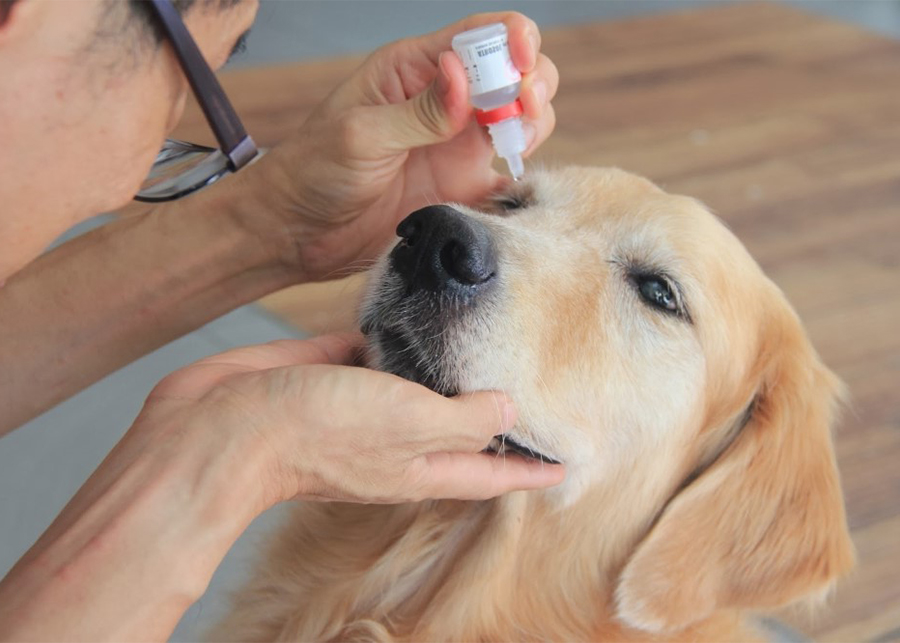Can Dogs Eat Buckwheat? Buckwheat is a nutritious and gluten-free grain that has been around for thousands of years. It is a popular alternative to rice and other grains for people who are trying to eat healthier.
However, some dogs have a sensitive reaction to buckwheat. This can lead to gastrointestinal upset and itching, so it is important to check with your vet before you feed your dog buckwheat.
It’s a good source of fiber
Dogs need plenty of fiber to stay healthy and happy. It helps to prevent weight gain, improves blood sugar levels in diabetic dogs and promotes a healthy bowel movement in dogs who have gastrointestinal problems.
There are many sources of fiber for dogs to include in their diets, including whole oats, baby carrots, green beans and legumes like beans or lentils in soups. You can also drizzle flaxseed or wheat germ oil on top of your dog’s food to help them get their daily dose of fiber.
Soluble fiber is easily digested and helps to produce a digestive fluid that allows the body to eliminate waste more efficiently. It can also regulate the speed of intestinal contractions that push stool through a dog’s digestive tract, reducing constipation and diarrhea.
Soluble fiber can be found in many commercially-available pet foods, and it is often recommended by veterinarians as an additive to help prevent certain health problems. It is important to choose a high-quality source of fiber, and it is best to consult your vet before adding a new supplement or ingredient to your dog’s diet.
It’s a good source of protein
If you’re looking for a superfood that’s crazy healthy, loaded with protein and fibre and full of antioxidants, then buckwheat is the one. This triangle-shaped seed has been used in human foods for a long time due to its nutritional benefits, versatility and great taste.
The seeds, also called groats, are eaten raw or cooked (like oatmeal), or ground for flour. These seeds are safe for dogs to eat, as long as they’re prepared correctly and fed in moderation.
Buckwheat is an excellent source of protein and iron, which helps to strengthen your dog’s immune system. It’s also a good source of magnesium, potassium, zinc and copper. However, if your dog is suffering from digestive issues, then it’s important to speak to a vet before adding buckwheat to their diet.
It’s a good source of manganese
Manganese is a trace mineral that supports bone health, the nervous system, metabolism, immune system and blood clotting. It is also an antioxidant that fights oxidation in the body.
It is also an essential nutrient for dogs because it plays a key role in bone formation and helps with cartilage synthesis. It activates enzymes and assists with digestion and absorption of proteins, fats and carbohydrates.
A deficiency can cause a variety of issues, including poor growth and reproductive failure. Some dogs are sensitive to this mineral, so it’s important to keep your dog’s diet balanced.
The most common sources of manganese include whole grains, vegetables, fish and meat. It’s also found in nuts and beans.
However, it’s important to note that manganese is not naturally produced in the body and therefore must be obtained through diets or supplements. Whether your dog is on a raw or commercial kibble diet, it’s important to make sure they are receiving enough of the right minerals.
It’s a good source of antioxidants

Oxidation is a natural process that occurs throughout the body. It creates uncharged molecules called free radicals that damage cells and proteins.
Antioxidants are compounds that help neutralize these harmful free radicals. They also help reduce inflammation, support cognitive function, and slow the aging process.
The best way to get antioxidants into your dog’s diet is through their food. However, many dog foods do not contain enough antioxidants to be beneficial.
In that case, a good supplement can help provide the nutrients your dog needs to live healthy and happy. Look for a quality supplement that contains antioxidants and other vitamins and minerals.
Antioxidants are important for dogs because they protect them from a wide range of health conditions, including cancer, heart disease, arthritis, and cognitive decline. They also boost the immune system and improve eye health. They also promote healthy skin and coat. They’re also a great way to reduce allergies and support your dog’s overall well-being.




